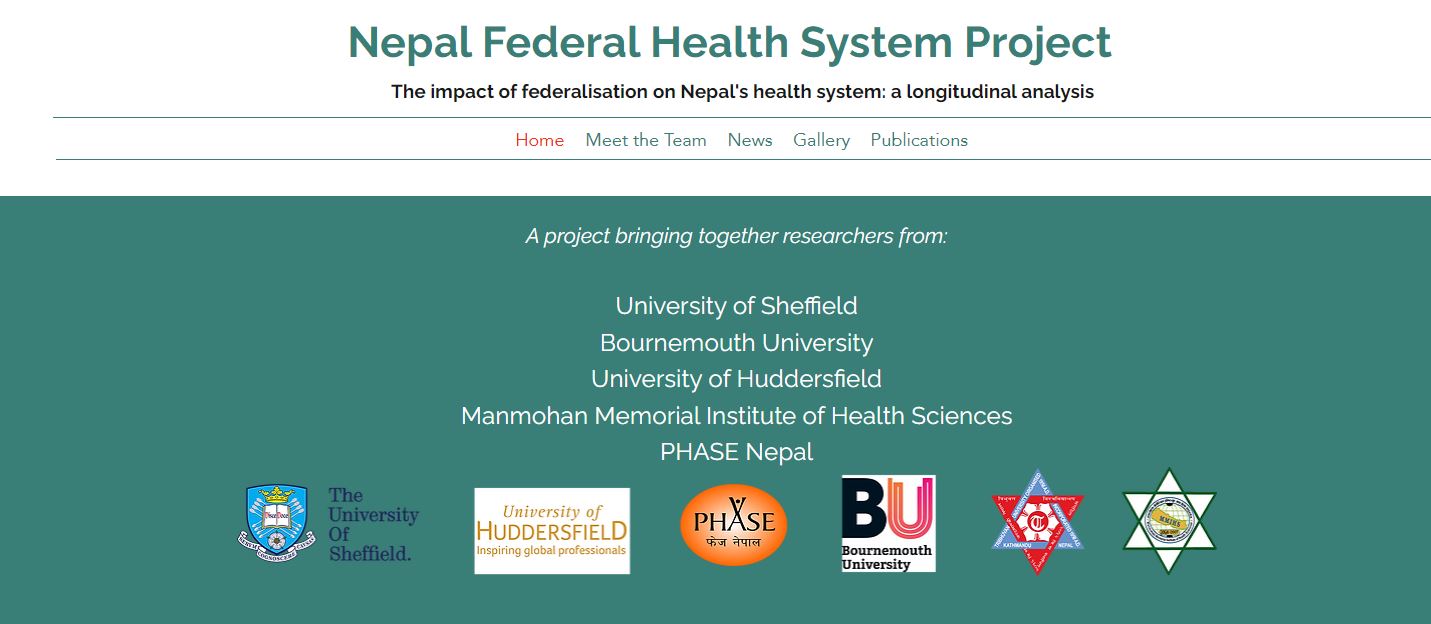On Tuesday, 6th July 2021, 9-11 AM, Bournemouth University will host a virtual STEAMLab event on Global Challenges, attended by staff from the Northeastern University (NEU) in China.
Which means…?
We’re seeking to come up with novel research that relates to UN Sustainable Development Goals, which underpin BU2025 strategy and much of the technological research at NEU.
So, who should attend?
We want anyone who thinks they might have something to contribute, to come along. We will also be inviting relevant external attendees to contribute to the day. We welcome academics, NGO/business/government representatives who wish to contribute to having a positive impact through addressing the world’s global challenges.
What do I need to prepare in advance? What will the sandpit entail?
Absolutely nothing in advance. During the STEAMLab, you’ll be guided through a process which results in the development of research ideas. The process facilitates creativity, potentially leading to innovative and interdisciplinary research ideas. These ideas will be explored with other attendees, and further developed based on the feedback received.
What if I don’t have time to think about ideas in advance?
You don’t need to do this. Some inspiring speakers with a range of backgrounds will be coming along to give you ideas…
What about afterwards? Do I need to go away and do loads of work?
Well… that depends! The STEAMLab will result in some novel research ideas. Some of these may be progressed immediately; others might need more time to think about. You may find common ground with other attendees which you choose to take forward in other ways, such as writing a paper or applying for research funding. Support will be available to progress project ideas after the day.
What if my topic area is really specific, such as health?
Your contribution will be very welcome! One of the main benefits of a STEAMlab event is to bring together individuals with a range of backgrounds and specialisms who are able to see things just that bit differently to one another.
So, is this just networking?
Definitely not! It is a facilitated session with the primary intention of developing innovative research ideas, which also enables the development of networks. It gives you the opportunity to explore research ideas which you may develop over time, together with the chance to find common ground with academics from across BU and beyond.
So, how do I book onto this event?
To take part in this exciting opportunity, all participants should complete the Global-challenges-STEAMLab-Application-Form_2021 and return this to GlobalBU@bournemouth.ac.uk. Places are strictly limited and you will be be contacted to confirm a place place on the STEAMLab with arrangements and meeting invitations nearer the time.
If you have any queries prior to submitting your application, please contact Dr. Sarah Price.
 On Monday 27th June Prof. Edwin van Teijlingen will be presenting at the ‘Global Partnership for International Research Meeting’ at the University of Huddersfield. The meeting is organised by Prof. Padam Simkhada, who is Associate Dean International and Professor of Global Health, as well as Visiting Professor at Bournemouth University. Edwin will be talking about his experience in building long-term sustainable and effective international partnerships, using examples from both the health and sociology field.
On Monday 27th June Prof. Edwin van Teijlingen will be presenting at the ‘Global Partnership for International Research Meeting’ at the University of Huddersfield. The meeting is organised by Prof. Padam Simkhada, who is Associate Dean International and Professor of Global Health, as well as Visiting Professor at Bournemouth University. Edwin will be talking about his experience in building long-term sustainable and effective international partnerships, using examples from both the health and sociology field.













 Expand Your Impact: Collaboration and Networking Workshops for Researchers
Expand Your Impact: Collaboration and Networking Workshops for Researchers Visiting Prof. Sujan Marahatta presenting at BU
Visiting Prof. Sujan Marahatta presenting at BU 3C Event: Research Culture, Community & Can you Guess Who? Thursday 26 March 1-2pm
3C Event: Research Culture, Community & Can you Guess Who? Thursday 26 March 1-2pm UKCGE Recognised Research Supervision Programme: Deadline Approaching
UKCGE Recognised Research Supervision Programme: Deadline Approaching ECR Funding Open Call: Research Culture & Community Grant – Apply now
ECR Funding Open Call: Research Culture & Community Grant – Apply now ECR Funding Open Call: Research Culture & Community Grant – Application Deadline Friday 12 December
ECR Funding Open Call: Research Culture & Community Grant – Application Deadline Friday 12 December MSCA Postdoctoral Fellowships 2025 Call
MSCA Postdoctoral Fellowships 2025 Call ERC Advanced Grant 2025 Webinar
ERC Advanced Grant 2025 Webinar Update on UKRO services
Update on UKRO services European research project exploring use of ‘virtual twins’ to better manage metabolic associated fatty liver disease
European research project exploring use of ‘virtual twins’ to better manage metabolic associated fatty liver disease